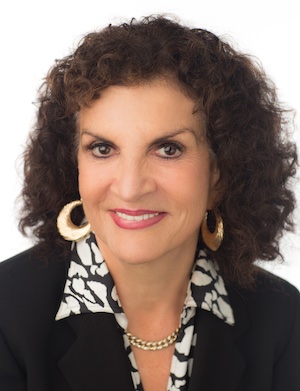Marta Tienda (ΦBK, Michigan State University), professor emerita of sociology at Princeton University, is one of 13 prominent scholars in the liberal arts and sciences selected to serve as a ΦBK Visiting Scholar during the 2021-2022 academic year.
Tienda served as director of the Office of Population Research at Princeton and as founding director of Princeton’s Program in Latino Studies. She is author, co-author, and co-editor of several books and scholarly publications, and has been a visiting scholar at the Russell Sage Foundation, NYU Center for Advanced Social Science Research, and the Rockefeller Foundation. Prior to Princeton, where she has taught since 1997, she held appointments at the University of Chicago and University of Wisconsin-Madison. She is past president of the Population Association of America, a member of the American Academy of Arts and Sciences, the American Academy of Political and Social Sciences, and the American Academy of Education. She also serves with several philanthropic organizations.
Over the course of the year, Tienda will visit University of Tennessee, Stetson University, University of Mary Washington, Hofstra University, SUNY Geneseo, Wells College, Elon University, and University of Maine. She will conduct these visits both virtually and in person, where she will spend two days on each campus, meet with students and faculty, participate in discussions, and give a lecture that is free and open to the public.
Tienda has written extensively about equity and access to higher education and lectured about consequences of under-investment in public education. Her research interrogates how ascribed attributes acquire their social and economic significance by investigating racial, ethnic, and gender variations in social inequality. As a ΦBK Visiting Scholar, her public lecture offerings include, “Is Demography Destiny? Diversity and its Discontents,” “Economic Implications of Demographic Change,” “Restoring the ‘P’ in U.S. Public Education: From Equity of Adequacy,” and “Higher Education as Integration Policy.”
“It is a privilege to visit eight Phi Beta Kappa chapters interested in public education, social inequality, diversity, and international migration,” Tienda said. “I look forward to stimulating conversations with tomorrow’s leading scholars about pressing social issues facing the nation. This opportunity is truly one of my career highlights.”
Learn more about this year’s ΦBK Visiting Scholars at pbk.org/VisitingScholars or email Hadley Kelly, director of the Visiting Scholar Program, at hkelly@pbk.org.




